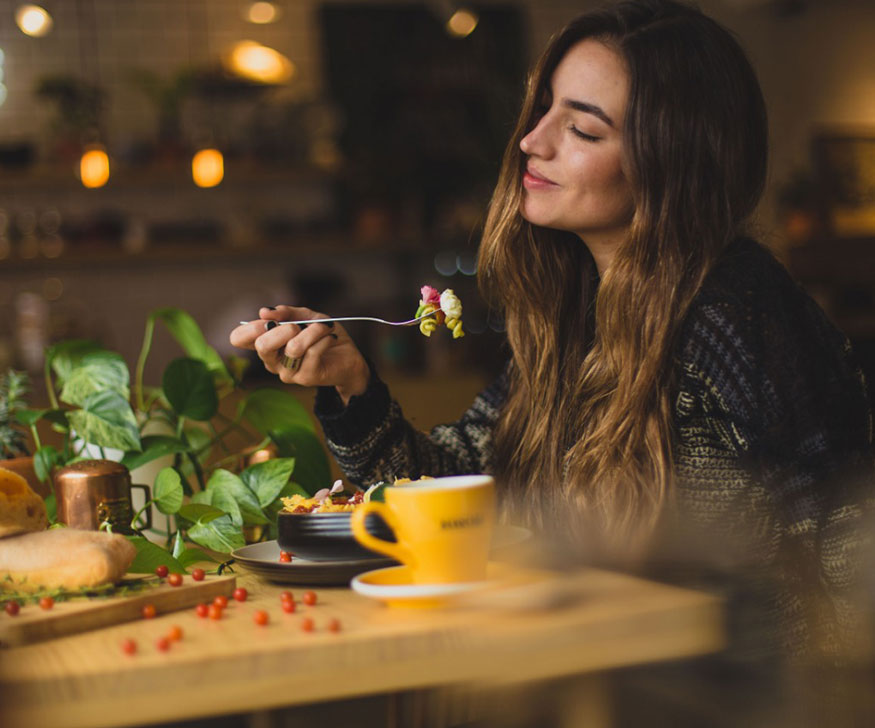- Call Us: +91 9962954447
- info@nammamurungai.com
“Breakfast is considered the “King of Meals”, Most of us skip our morning breakfast due to various reasons. So we are inclined, addicted and inevitable to eat processed foods that are available offline & online, unware of the facts that these non nutritive foods may have Endocrine Disruptor Chemicals from an unspecified source.
Our Breakfast Millets Polenta is an effort to bring back the golden heritage of our long forgotten foods for unto, to blend with our hectic modern life style. It has been formulated accordingly to detox the effects caused by Endocrine disruptive chemicals, to overcome malabsorption syndrome only to rejuvenate the body. The synergy combo of Millets blend, Traditional rice’s, Homemade Spices blend, enriched with herbs, helps in the process of restoring our innate immune system.
We would like to this translate this proverb into reality “WE ARE BORN TO BE HEALTHY TILL YOU LIVE”

Ingredients: Millets blend, Traditional rice blend, Spices blend, Spade flower, Moringa, Indian gooseberry, Strychnos potatorum, Phylantus niruri, Rubia cordifolia, Green Tea, Fenugreek, Nuts, Legumes.
Consume 20gms each serving. Twice daily for apt nourishment.
Millets contain natural active fibre, protein. Drink Plenty of water for easy digestion and to avoid constipation.
Reduce intake of Junk foods.

It is known as Endocrine disrupting chemicals.
EDC chemicals mimic, block, interfere with hormones in the body’s endocrine system and causes havoc in our daily lives. its key role is to disrupt and alter the hormonal changes which causes Reproductive problems in males and females, disruptive and irregular cycles, obesity, hair fall etc.
As per paediatric oncology research, it conveys that 85 % causes for cancer, may be due to environmental causes, junk foods are the major reasons for children’s cancer.
It is the waste that is produced by the body on a daily basis, If the deposited waste is not cleared, in due course of time it leads to unwanted health issues.
Elimination of toxins from the body is called detoxification. Traditionally detoxification was done every 6 months or yearly once., which has been forgotten today.
Through Bowel movement, Vomiting, and through sweating.
Note: Indigestion may happen. About 1% of people may witness continuous slippery stools,
in that case stop, allow the body to settle down, and restart for the body to get adapted to this new fibre rich food.
As per Studies the glycaemic index https://www.upgrademyfood.com/south-indian-breakfast-glycemic-index/ of currently available foods are given below
Variant GI
White rice Idly 80
White Rice 73
White rice Dosa 77
Pongal 55
Poori 70
Upma 55
Namma Murungai Ayurvedic Breakfast is a superfood with Low glycaemic index, possess natural fibre, pre and probiotic properties, and accelerates the detoxification process. Its versatility may be an apt replacement for refined white foods variants viz, Idly, Dosa, Pongal, Upma, Vermicelli, and for the processed foods viz., Corn Flakes, Oats etc.,
Most herbs are bitter, but Namma Murungai Polenta’s are nutrllicious and delicious to eat., versatile for the choice of toppings as add on’s.
On consistent consumption, it works in a symbiotic manner - detoxification cum filling the nutritional gaps is the process of rejuvenation - as per the proverb “Tiny drops of water make a mighty Ocean”.
On consistent consumption, it helps in rejuvenation that helps in building the first line of defence mechanism in our body, which helps to fight against deadly foreign bodies.
We know that Sodium Benzoate is a potent cancer producing preservative, hence as a matter of policy we at Namma Murungai do not use any preservatives, we adopt traditional preservation methods.
All our masalas are homemade, freshly prepared and grounded in-house using natural spices.
Yes, but not steroidal non veg, and occasional sea foods. According to the Journal Marine Pollutions Bulletin, Scientists confirm all marine organisms consume plastics from the sea, relatively it is evident Recent studies also confirm micro plastics is present in human blood.